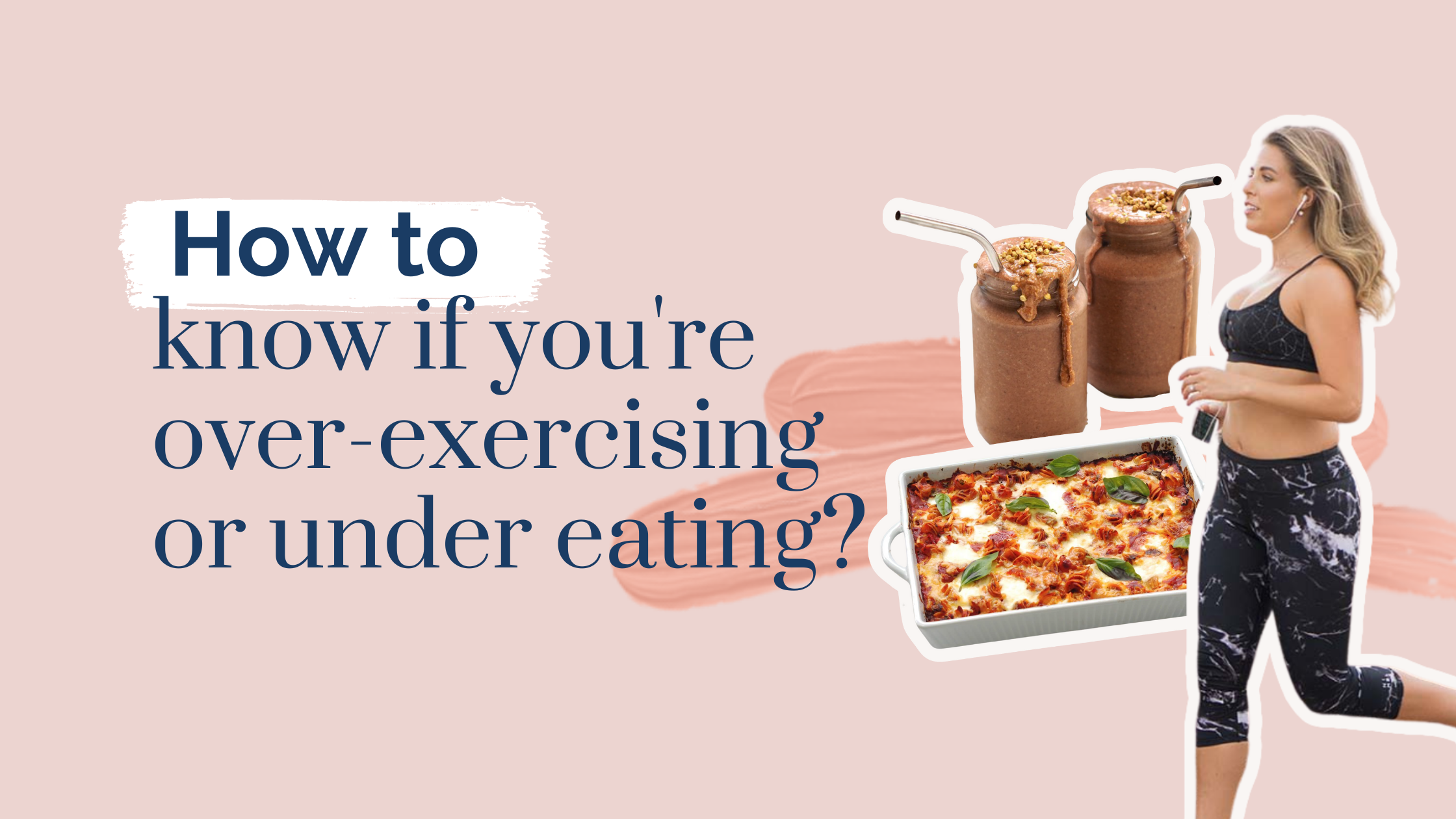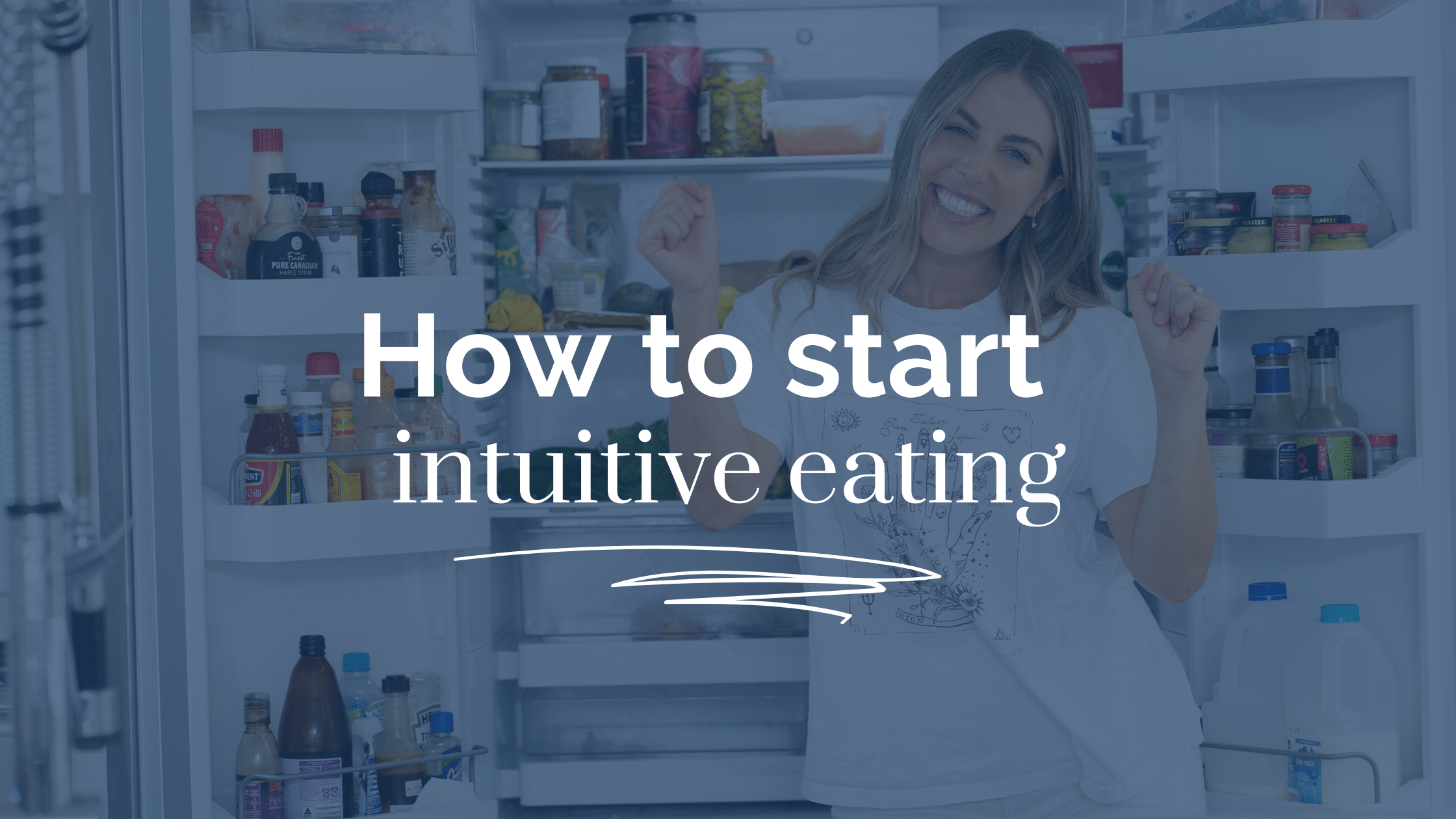6 ‘healthy’ habits you should stop doing
Numerous ‘healthy habits’ have been widely advocated for years. But how healthy are they really? Here are 6 habits you should stop doing because they are really not that healthy.
1. Weighing yourself
You don’t need to weigh yourself. Ever.
In fact, weighing yourself may make it harder to find your healthiest weight in the long term. Have you noticed how seeing a number that you didn’t want on the scale can throw you into a spin and actually demotivate you?
Your health, your progress, your wellbeing cannot be measured with scales.
If your weight or body changes – you’ll know about it! You’ll see it and if you’re mindful, you’ll really feel it.
What to do instead: Stop weighing yourself. It is so tempting but don’t weigh yourself every day, once a week or once a month. Feel the difference instead.

2. Counting macros
Just like counting calories will make you obsess, counting macros is a diet and a sure-fire way to build an unhealthy relationship with food.
While not everyone who counts points or macros becomes obsessed. Everyone who becomes obsessed had counted points or macros.
I’ve seen how easy is it to drift into disordered eating. At first, it is fun but one day you wake up and realise that food controls you, and not the other way around. It’s easy to slip in disordered eating and counting macros is a gateway.
What to do instead: Don’t count points, macros or almonds. It’ll make you crazy – not healthy. Try intuitive eating instead. It’s game-changing.
Want to hear more about this? Listen to the podcast episode below, in which I explain why counting calories or macros isn’t the secret to health.

3. Waking up and checking your phone
If the first thing you do when you wake up is check your phone, then you’re setting yourself up for anxiety.
Don’t sleep with your phone next to your bed. Invest in an alarm clock to wake you up. This is one of the best things I did to help reduce my anxiety.
Nowadays, I wake up, make my coffee and about an hour after waking up, I check my phone. The same rule applies at bed time. The phones charge in the living room, far away from the bedroom. And social media stops an hour before bed. It honestly makes such a difference.
What to do instead: Charge your phone in another room, buy an alarm clock and don’t check your phone an hour before or after sleep.
4. 100% clean eating
There is a point when healthy eating becomes very unhealthy. And it’s much easier to get to than we think.
If you feel anxious when someone asks you out for a meal because you’re not sure what you’ll be able to eat or you lie in bed at night worrying about what you ate that day, then you have tipped over into unhealthy relationship with food.
You should never feel guilty after eating and you shouldn’t obsess about food. Health is about balance. For me, that means eating intuitively (asking my body – not my brain – when, how and what it wants to eat), not cutting out any whole food groups and feeling at ease in my body.
What to do instead: Stop aiming for perfection and start working toward balance. It’s much healthier. Unfollow extreme people or other triggers on social media.
5. Commenting on other people’s food, weight or eating
“Should you really be eating that?” is one of the most harmful and hurtful questions.
If you really care about their health, you’ll realise that these comments do way more harm than good.
If you’re wondering: Should I comment on your son or daughters weight, read this.
Even if your intentions are good, commenting on what someone else is eating is interpreted as a judgment. Instead of motivating them to eat better, these comments will probably drive them to eat way more – but in secret where moderation doesn’t exist.
You cannot shame someone else into changing their habits.
Instead, lead by example and show them how it can be done! You can create a healthy environment that makes healthier choices easier. You can support and use positive reinforcement. Unless asked explicitly it is not your job to tell other people what to eat.
What to do instead: Be the change you want to see. Lead by example and create a healthy environment.
6. Scrolling on your phone when you’re with other people
Your phone is good for communication – not connection.
It’s so tempting to scroll on your phone when you’re with other people. It’s so automatic. I have to work hard not to compulsively just check my phone!
If you want to feel less anxious, more connected and loved, then set clear boundaries on when and how you use your phone. When you’re out with friends, keep your phone in your bag and on silent.
Turn off push notifications so the only vibration you feel is from a phone call. Ask yourself: How many hours do you use your phone for? Track your phone use using ‘Moment’ app.
What to do instead: Keep scrolling time to a minimum. Pick two times throughout the day to check social media. If you’re out with friends, create clear and healthy boundaries.
Want to eat healthier without obsessing?
Check out Back to Basics. It’ll help you be more consistent by helping make healthy eating easier and quicker.





